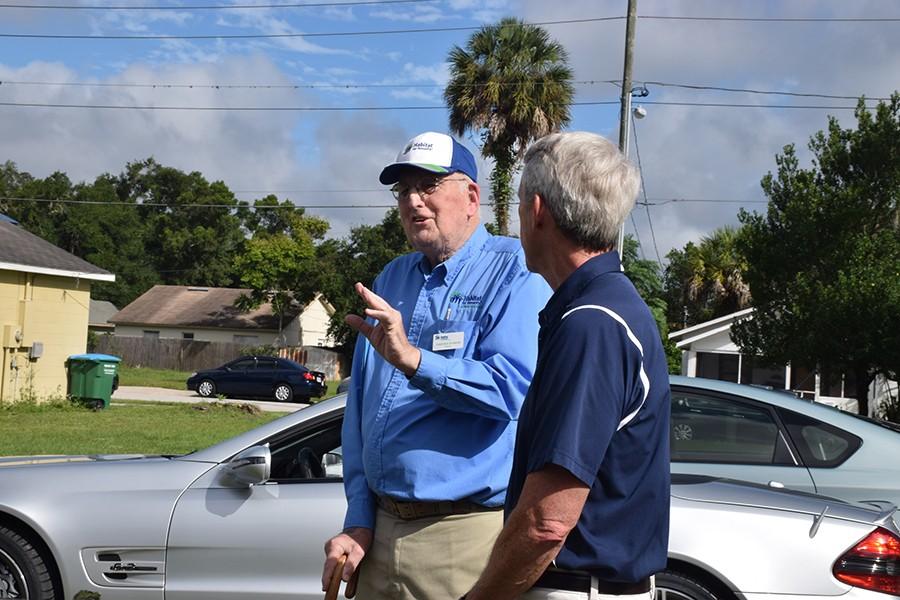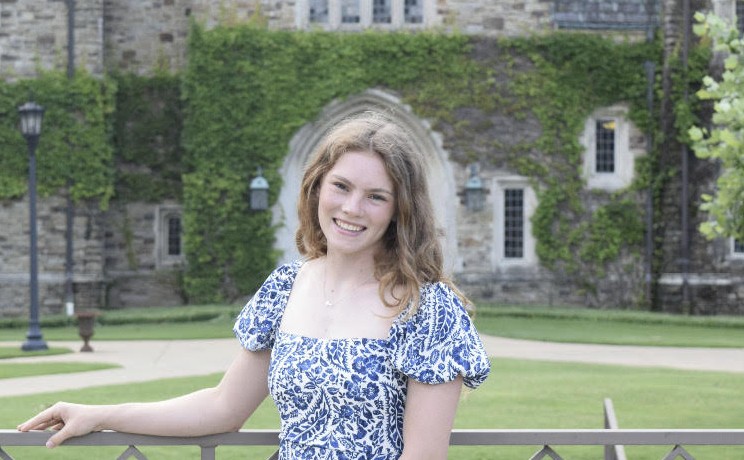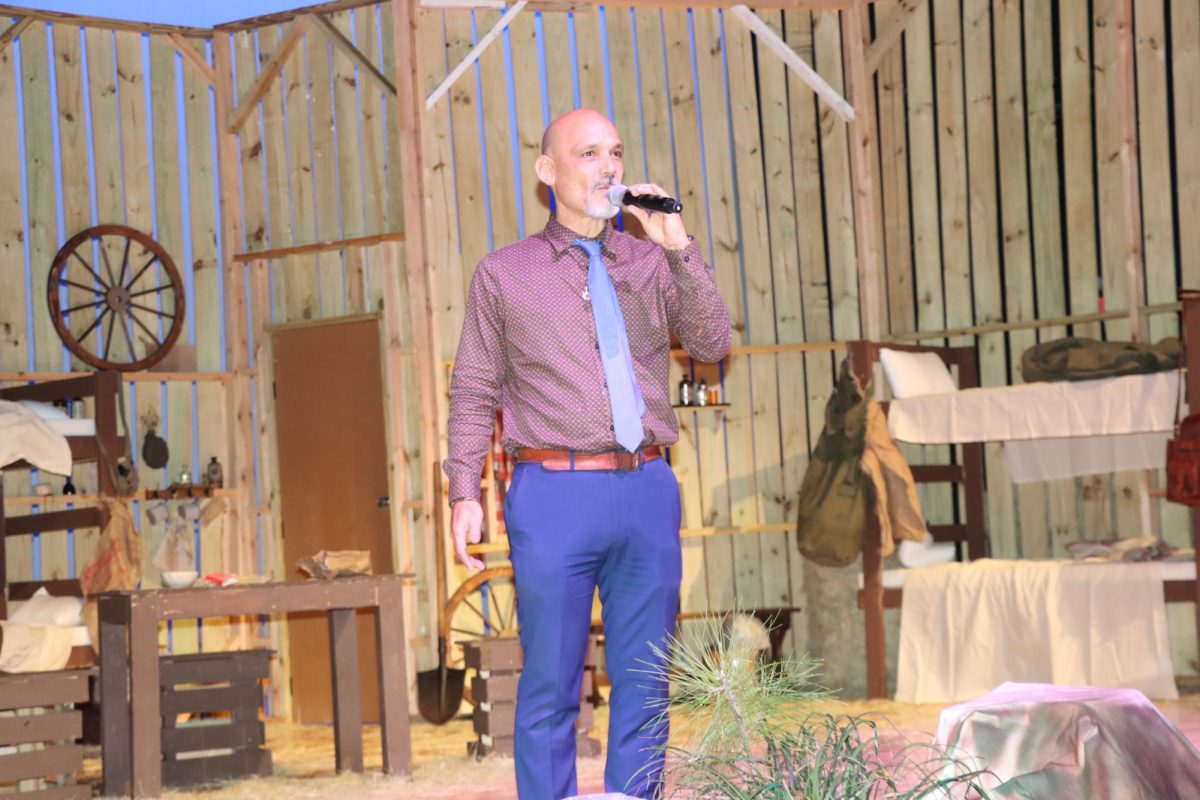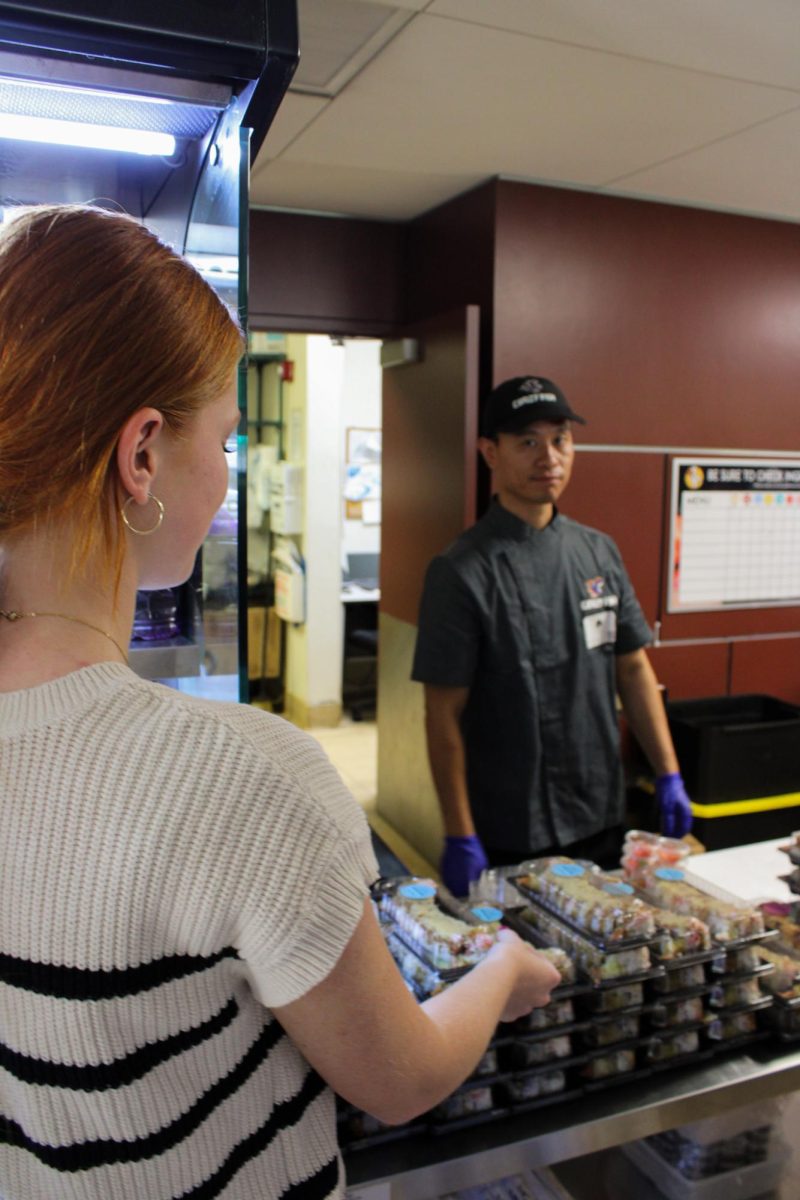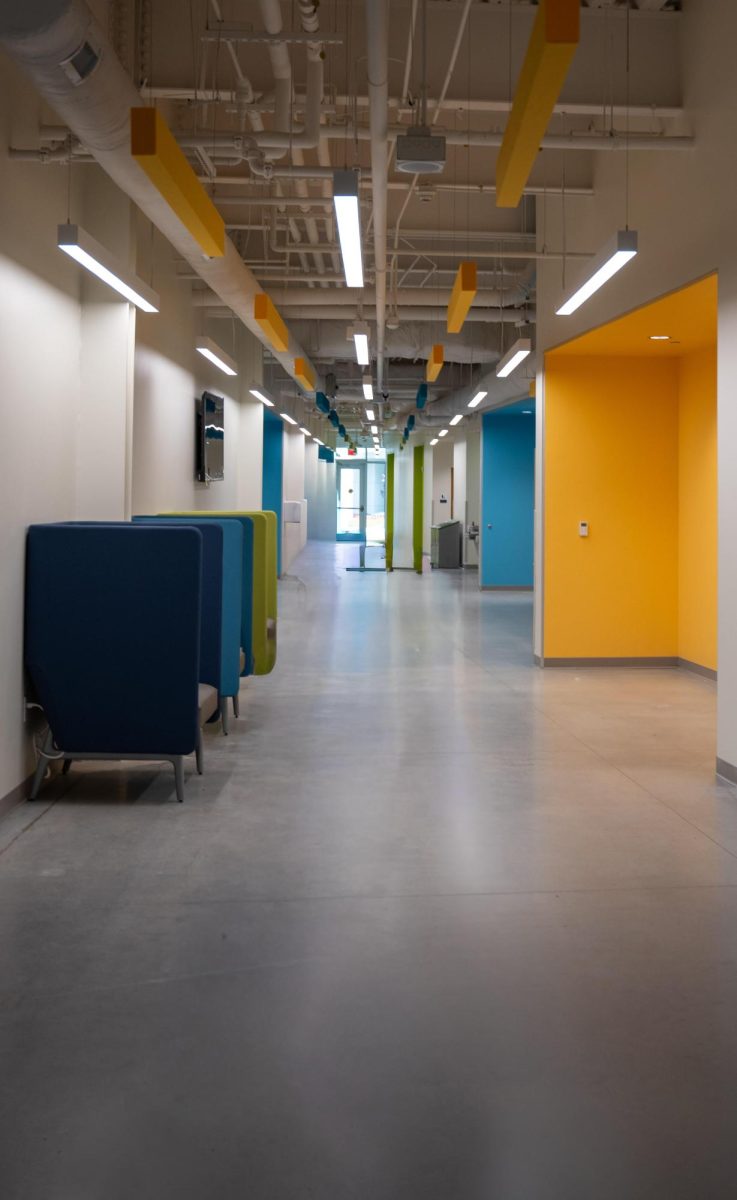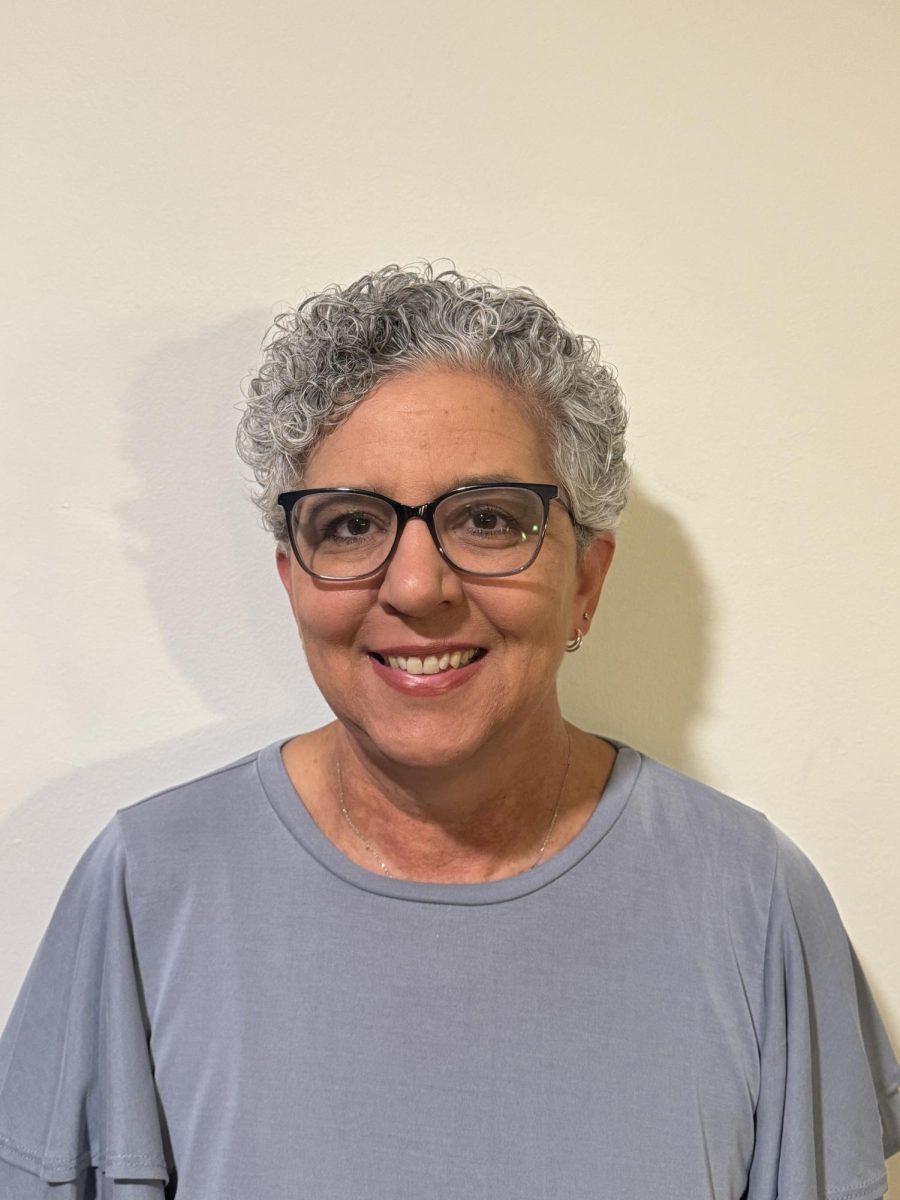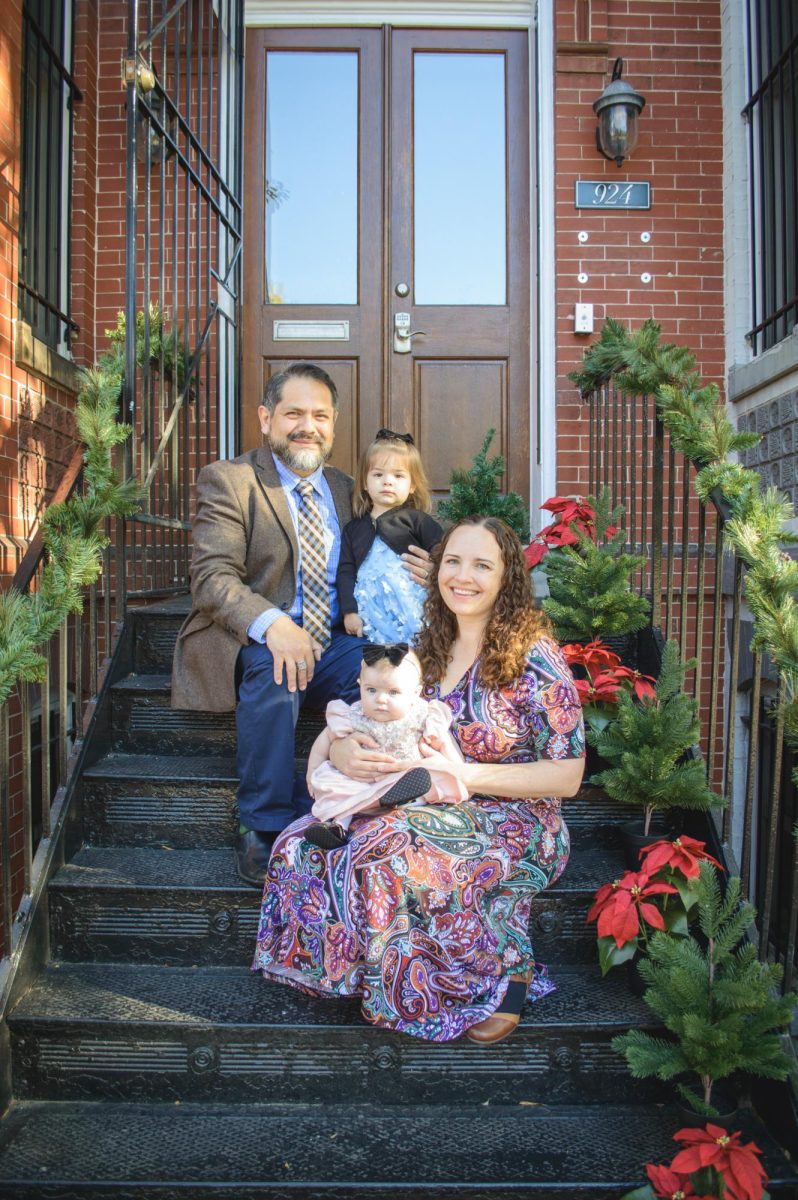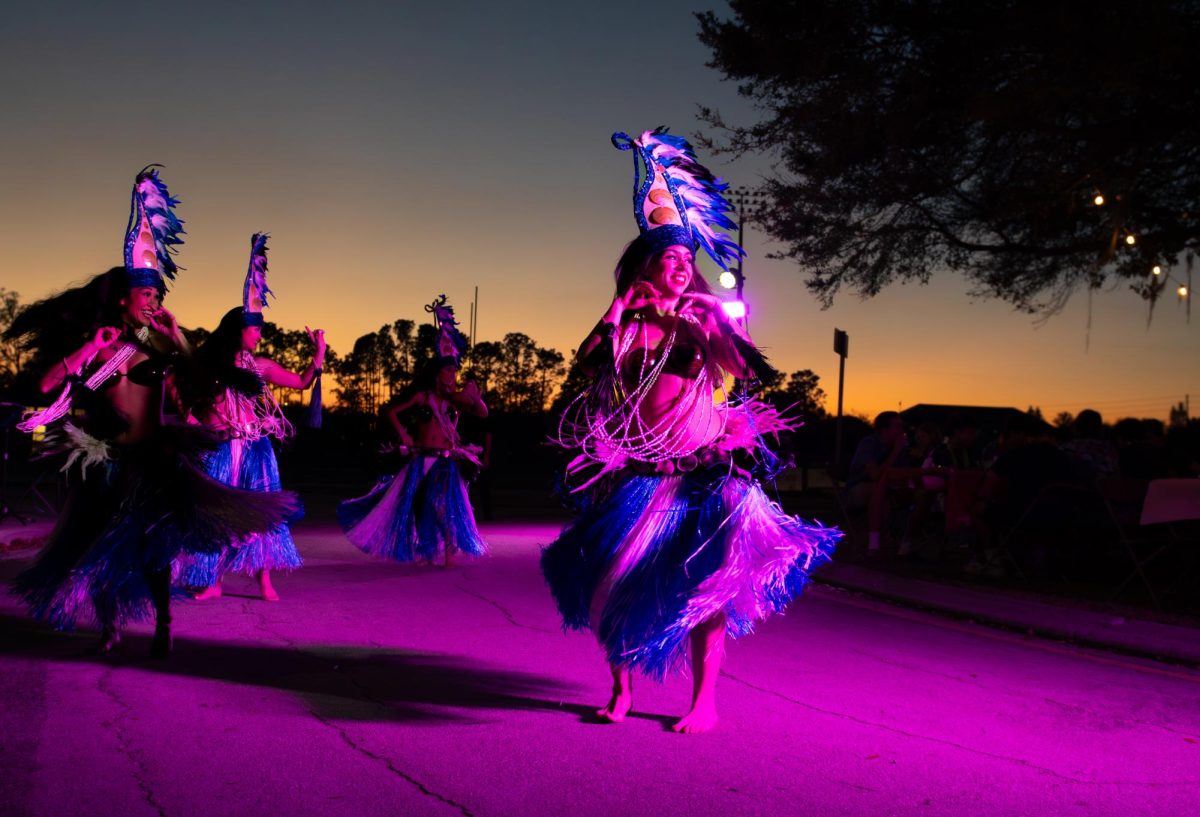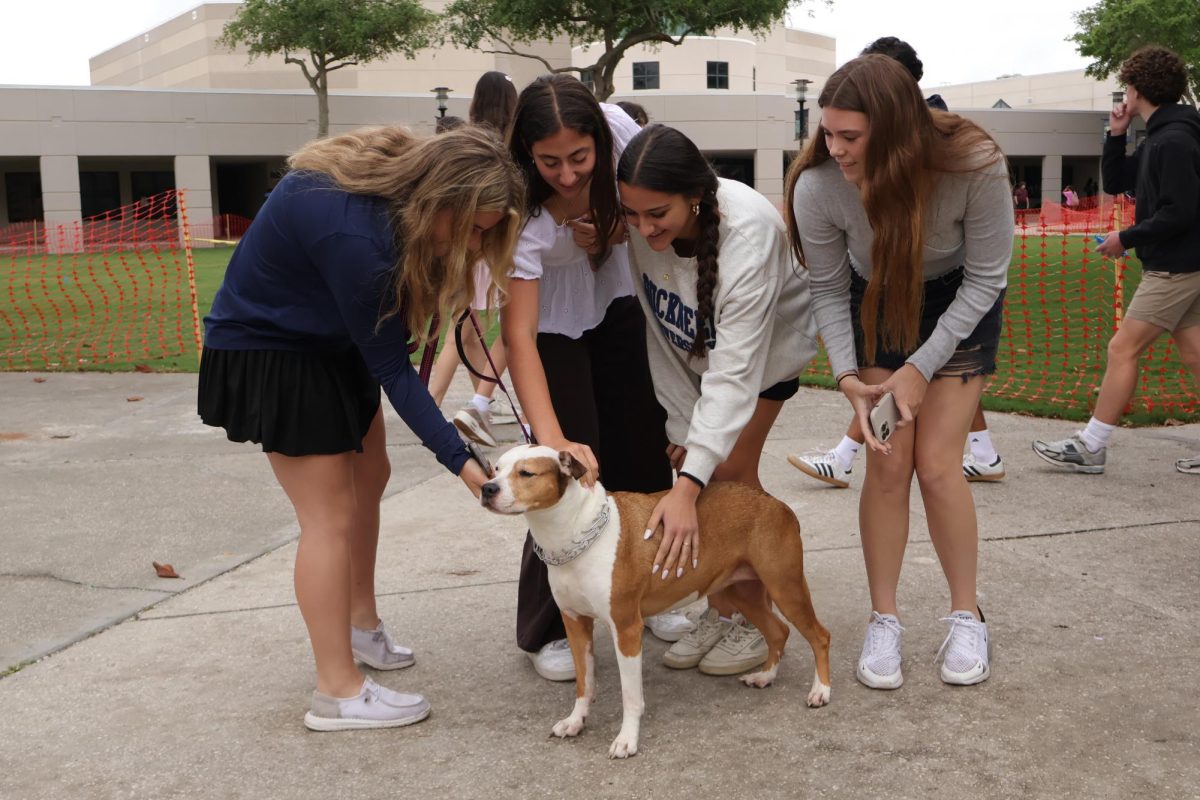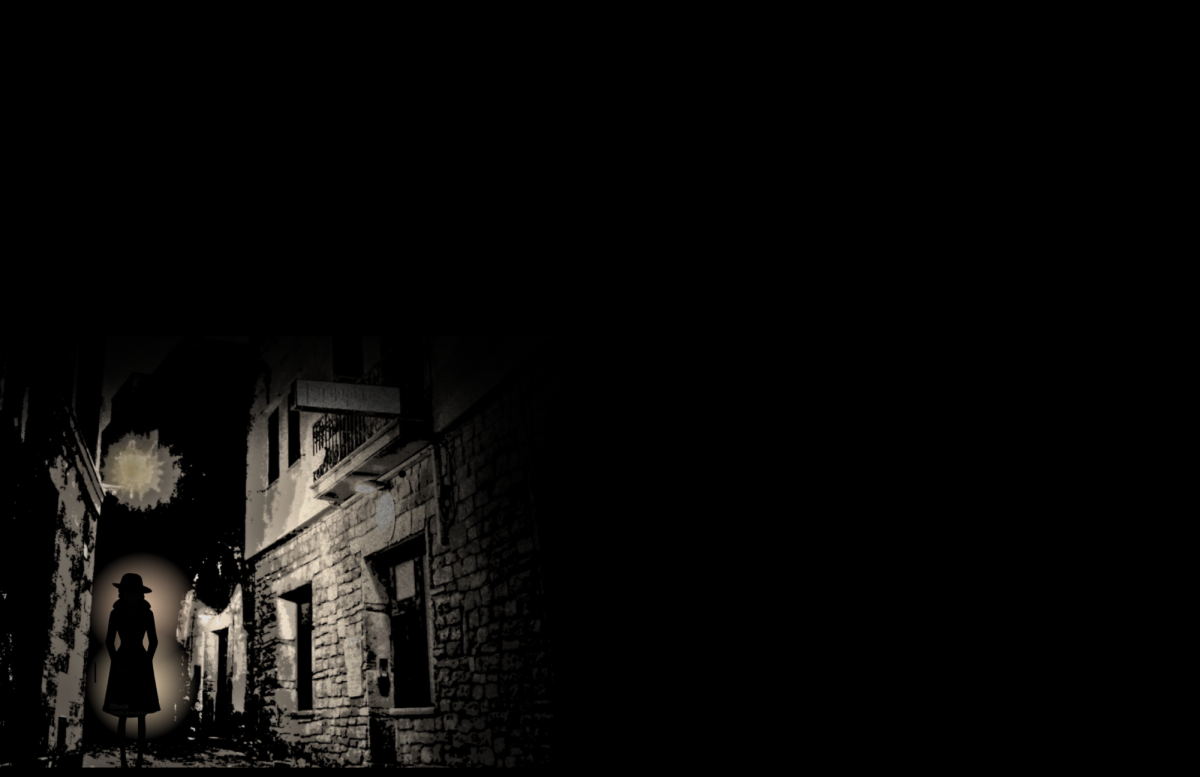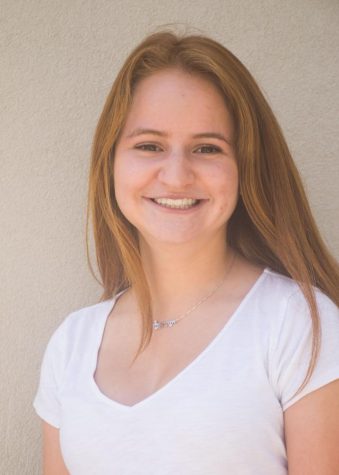On the hot day of Saturday, Sept. 19, students and parents alike came together at South Capen Avenue, Winter Park to watch the groundbreaking ceremony for Trinity’s new Habitat house. During the ceremony, it was announced that this specific Habitat house would be given a very special title— The Craig Maughan House.
Trinity Prep’s active involvement with Habitat for Humanity is one of the school’s proudest achievements, and this year the school is finally being recognized for it. The Habitat for Humanity Board of Directors decided to dedicate the 17th Habitat house to Headmaster Maughan in gratitude for the unwavering support he has given to the organization over the years. This unique honor makes the Craig Maughan House only the third house to be named by Habitat for Humanity.
The “Craig Maughan House” will resemble a cottage-style home from the 1930s and 1940s and will contain three bedrooms and one bathroom in order to house a family of up to five people.
Habitat for Humanity is a nonprofit Christian ministry founded in 1976 by Millard and Linda Fuller. Today, the organization works with more than 1,400 local affiliates and 70 national organizations. Trinity is able to work closely with the organization via the official Habitat for Humanity Campus Chapter at school which carries out four important functions: fundraising, educating, advocating and building for the local affiliate of Habitat for Humanity. Students who are members of the chapter, and occasionally, other community service clubs like Builders Club, are able to volunteer on weekend mornings throughout the year in order to help build the house.
From leveling out ground and setting a foundation to building the frames of the walls, students are not only able to acquire a general knowledge of how a house is made, but they are also able to help build a house for a family in need. Habitat for Humanity’s volunteer work is unique in that it allows students to actually be able to see the direct impact and tangible results of their actions and efforts on the receiving family and community.
“You get to see a house from just a patch of dirt to a beautiful cottage-style house…the family in front of it teary-eyed because their dream came true…[and] as a whole, the experience is really fulfilling,” said Maria Camasmie, President of the Habitat for Humanity Campus Chapter.
The houses that Habitat for Humanity provides are not simply handouts. Prospective homeowners must first reach out and apply to a local Habitat for Humanity affiliate and will only be considered if they have at least 100 hours of volunteering at a Habitat house. A Habitat’s local affiliate selection committee then chooses potential homeowners based on the family’s level of need, willingness to become active partners in the program and their ability to repay the loan. Even after being selected, the homeowners must invest 300 to 500 hours of labor, known as “sweat equity,” as a sort of down payment.
The Habitat houses are provided to help families who cannot obtain conventional house financing. Not only do the houses save families from subpar living conditions such as infestations, faulty ventilation and lack of security, but they also provide significant opportunities that most people take for granted. These include public amenities, better schools and a safe neighborhood. The houses serve as a place of safety, hope and stability for the homeowners and their families.
“Shelter is one of humanity’s basic needs,” Executive Director Kassi Bernard said. “When one of our basic needs is not met, just think how hard it is to receive other basic things like security, food and water.”
By working alongside Habitat for Humanity, Trinity is able to take an active role in local community by aiding the lives of the less fortunate. The Craig Maughan House serves as a testament to the significant impact the school has made in bettering and instilling hope into the community.





